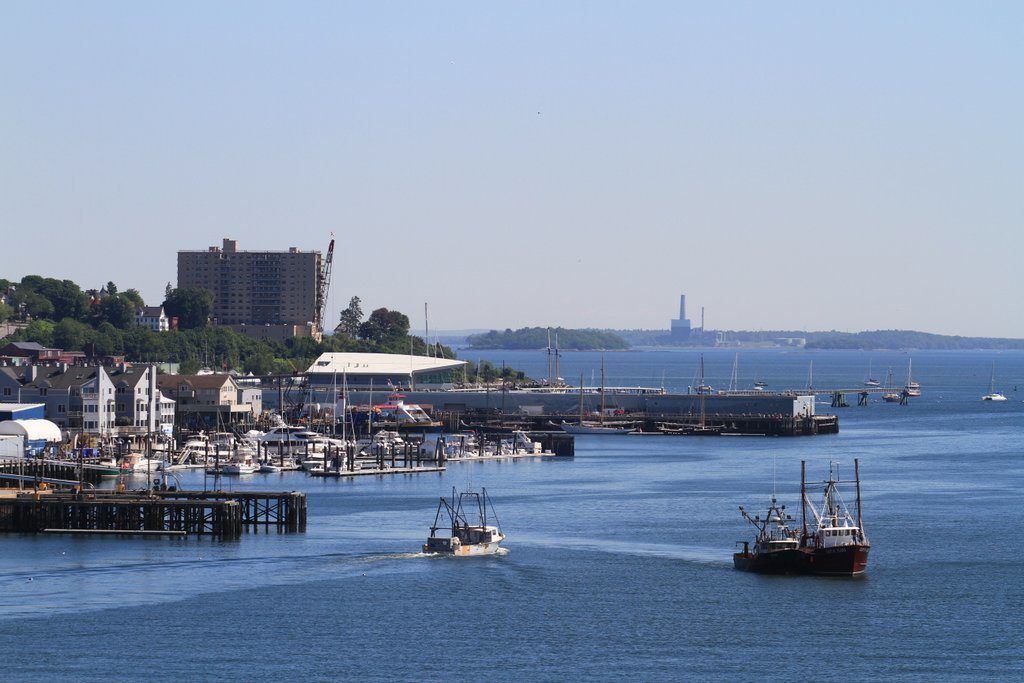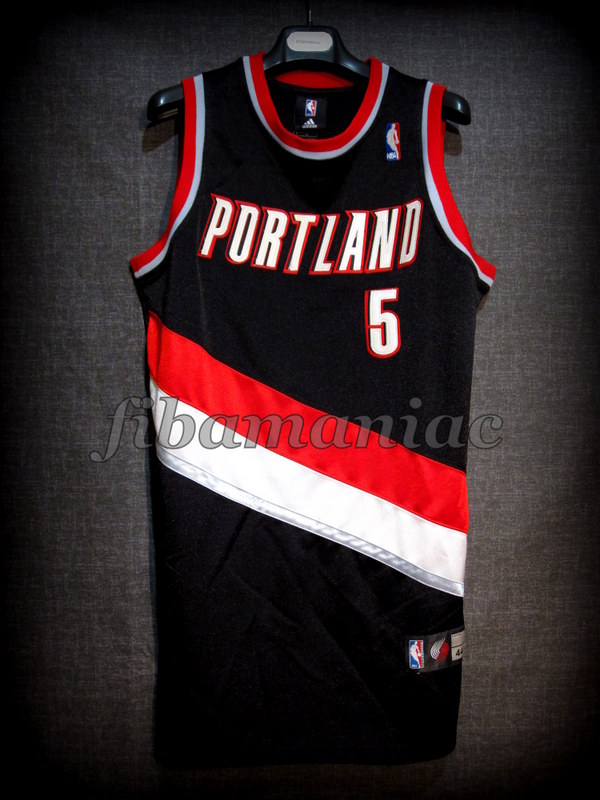What is LNB Skew? LNB 'skew' angle is the rotational position of an LNB on the dish arm. All LNBs (except those used for receiving circular polarised signals) require their rotational angle (skew) to be set within certain limits in order to minimise errors in data received. Overall I had a horrible experience with this company. I signed a contract on 10/14/19 to have plans were drawn up and structural/engineering plans completed for a 500 square feet Casita and one car garage expansion.The scope of design plans listed out in the contract should have been about 6-7 weeks.
If you have been reading since the beginning of the blog, you will fondly recall my post on satellite tv options. We ended up selecting the Winegard Travel’r SWM model and DirecTV as the network service.
It wasn’t an easy choice. There are so many options to choose from and the options are somewhat confusing. On top of that, the price tag is not cheap either. If I recall correctly, around $2500 installed.
Since our stay in Florida, I have noticed our dish periodically displaying “no LNB voltage” on its control box. It would happen when I raised the dish when we arrived at a new campground.
Each time, I powered the system on and off a few times. You know, the troubleshooting step that fixes 90% of computer-based issues. The other 10% are cabling, btw. Eventually the dish started up.
A week ago in Charleston, I saw the error and it wouldn’t go away. I reset the power to the control box and to the power inserter box and checked all the cable connections in the MoHo. Sure enough, a couple were a little bit loose. I powered up the dish again and it went through its search routine normally and locked on! I thought I had solved the issue.

Good thing too, because I called Winegard technical support and after being told that they were having unusually heavy call volume, I was asked to leave a message and would get a callback. I left a message and two days later got a callback, but I was in a museum and couldn’t answer. Since the dish seemed to be working, I didn’t try to return the call.
When we got to Fayetteville, I powered up the dish and the ‘no LNB voltage” error was back. This time, it was back for good.

No amount of resetting or cable tightening on my part did anything. I even got up on the roof and checked the cables to the dish itself. They were all tight.
Once again, I called Winegard. Once again, I was told to leave a message due to “unusually high call volume.” The next day a support tech called me back and fortunately I was in a position where I could answer!
She told me that error usually means the cable between the LNB (the little box at the end of the arm pointed at the middle of the dish) has gone bad. She said I needed to get a 5′ or 6′ piece of regular coax cable and replace the short cable on the roof. If it worked, she said, they would send me a replacement. Uh, I have to fix this myself?

Yep.
I would have to raise the dish and then freeze it in place so I could disassemble the end of the arm. She sent me instructions on how to get the dish to raise up and then make it freeze. Fortunately, it all sounded pretty simple.
Portland Lnb

Portland Lnb Water Temp
I raised the dish and then locked it in place. I climbed on the roof with my tools and the new coax cable. Once I got up there, I disassembled the end of the arm so I could get to the back of the LNB. It wasn’t too difficult. In fact, it was very simple. But boy was it HOT up there on the roof!
Once I had the LNB removed and the guard loosened, I could unscrew the original cable and put in the coax I bought at Wal-Mart.

After I put everything back together and wire-tied the replacement cable so it wouldn’t catch on anything, I powered up the dish again. No error! Yeah!
Now, you may be wondering why I need Winegard to send a replacement cable if the one from Wal-Mart works. The answer is because that cable bends and flexes as the dish moves. It is also exposed to the elements. Apparently the Wal-Mart cables are indoor cables and will quickly crack and fail if used in that way.
Apparently, this is a common problem. If you get one of these dishes, and you see the “no LNB voltage” error, this cable is almost always the cause. You may want to carry a short coax cable spare just in case.
Since that cable is exposed to the elements 100% of the time, I’m not surprised the cables fail. In fact, I’m now thinking I should find some way to protect the other cables up there.
| History | |
|---|---|
| United States | |
| Name: | Lightship WLV-612 (Nantucket I) |
| Operator: | United States Coast Guard |
| Builder: | Curtis Bay, Maryland |
| Launched: | 1950 |
| Commissioned: | 18 September 1950 |
| Decommissioned: | 29 March 1985 |
| In service: | 1951 |
| Out of service: | 1983 |
| Renamed: | Nantucket |
| Refit: | 2000 |
| Fate: | Sold to private owners |
| Status: | Available for private events and charters |
| General characteristics | |
| Class and type: | Lightvessel |
| Displacement: | 617 tons |
| Length: | 128 ft (39 m) |
| Beam: | 30 ft (9.1 m) |
| Draft: | 11 (3.3 m) |
| Propulsion: | 550 Hp Diesel |
| Speed: | 9 knots (17 km/h) |
| Range: | 4000 miles |
| Boats & landing craft carried: | 26.6 ft. motorized whale boat |
The Nantucket Lightship or United States Lightship WLV-612 (Nantucket I) is a lightvessel commissioned in 1950 that became the last lightship decommissioned in United States Coast Guard service.
History[edit]
The Nantucket Lightship was launched in 1950 and put into service in 1951 as the San Francisco Lightship, 8.6 miles offshore of the Point Bonita Lighthouse and the Golden Gate where it was in service until 1969. From 1969 to 1971, it served as the Blunts Reef Lightship at Blunt's Freed near the Cape Mendocino Light in Northern California. From 1971 to 1975 it served as the Portland Lightship marking the entrance to Portland, Maine. It was the last lightship to serve as the Portland Lightship in 1975 when it was replaced by a Large Navigational Buoy. The Coast Guard estimated that it would spend $250,000 per year maintaining the LNB whereas a lightship cost $3 million in addition to the cost of crew.[1]
In 1975 until 1983, the WLV-612 was reassigned as the Lightship Nantucket at Nantucket Shoals, a dangerous shoal 40 miles (64 km) southeast of Nantucket Island.
From 1979-1983 the WLV-612 and the United States Lightship WLV-613 alternated at Nantucket Shoals as the Nantucket I and the Nantucket II, relieving each other approximately every 21 days. On September 1, 1983, while alternating with the Nantucket II the WLV-612 served as a radar and security-communications platform off of the Bush compound in Kennebunkport, Maine, US Vice President George H.W. Bush was on board when he learned the Soviet Union had shot down Korean Air Lines Flight 007 while passing through Soviet Airspace near the Soviet-Alaskan border.[2] The incident propelled the Reagan Administration to allow worldwide civilian access to DNSS/Navstar, the military satellite navigation system that became GPS.
The Nantucket Lightship was decommissioned in Boston on March 29, 1985.
Preservation[edit]
After decommissioning, Nantucket Lightship was purchased by the Boston Educational Marine Exchange but returned within the year to the General Services Administration due to lack of funds. In 1987, The Metropolitan District Commission (MDC) of the Commonwealth of Massachusetts purchased the Nantucket Lightship for $1,500 and sought to open it as a museum at Georges Island (Massachusetts) in Boston Harbor. Instead, due to lack of public funding, it was moved to Marina Bay (Quincy, Massachusetts) where it was maintained by the volunteers at the Friends of Lightship Nantucket. In 1992 the main engines were overhauled and it participated in the tall ship Boston's Parade of Sail for Sail Boston 1992, part of Operation Sail's events for the Christopher Columbus Quincentenary Jubilee with an estimated 8,000 to 10,000 spectator craft.[3]
In 1999, the Commonwealth of Massachusetts declared the WLV-612 to be surplus property and was put on auction on eBay. The winning bid was by William B. Golden, who beat out scrappers. From 2000 to 2003 a team of 11 craftsmen in New Bedford, Massachusetts restored and outfitted the WLV-612 with a 'master suite and four guest suites with hand carved mahogany and oak beds, six bathrooms, a kitchen with double ovens, two trash compactors, granite countertops, and a six-burner cooktop, a dining room with a tiger maple table able to seat 12, a library/den, an office, and an entertainment room with a flat-screen television, foosball table, and the captain’s original poker table.' [4] The Nantucket Lightship remains as the only fully powered and operational lightship in the United States.
In August 2009, the Nantucket Lightship was anchored off the Kennedy Compound after the passing of Sen. Ted Kennedy as part of a memorial. For several years she was docked in TriBeCa in Lower Manhattan and was operated by a partnership with caterers and events company Mint Events and TASTINGS NYC-Palm Beach as an event space and yacht available for charter and from Spring 2016 until October 2016, she was docked at Pier 6 in Brooklyn Bridge Park and was hosting talks and public tours in the park. In February 2017, she was featured on WCVB-TV's program Chronicle (American TV program) while docked in New Bedford, Massachusetts. Since 2018 she has been docked in Boston Harbor, also the location of another Nantucket Lightship, the United States lightship Nantucket (LV-112).
References[edit]
- ^Harkavy, Jerry (26 February 1975). 'Portland Lightship to be taken off station Thursday'. Bangor Daily News. Retrieved 25 February 2016.
- ^'LIGHTSHIP WLV 612'. U.S. Coast Guard Lightships & Those of the U.S. Lighthouse Service. The United States Coast Guard. Retrieved 25 February 2016.
- ^Cutting, Robert (26 January 1992). 'Boston, New York Are Port Stops For 130 Tall Ships in June, July'. Tulsa World. Retrieved 25 February 2016.
- ^'Lightship Nantucket I WLV-612, MA'. Lighthousefriends.com. Archived from the original on March 4, 2016. Retrieved 25 February 2016.